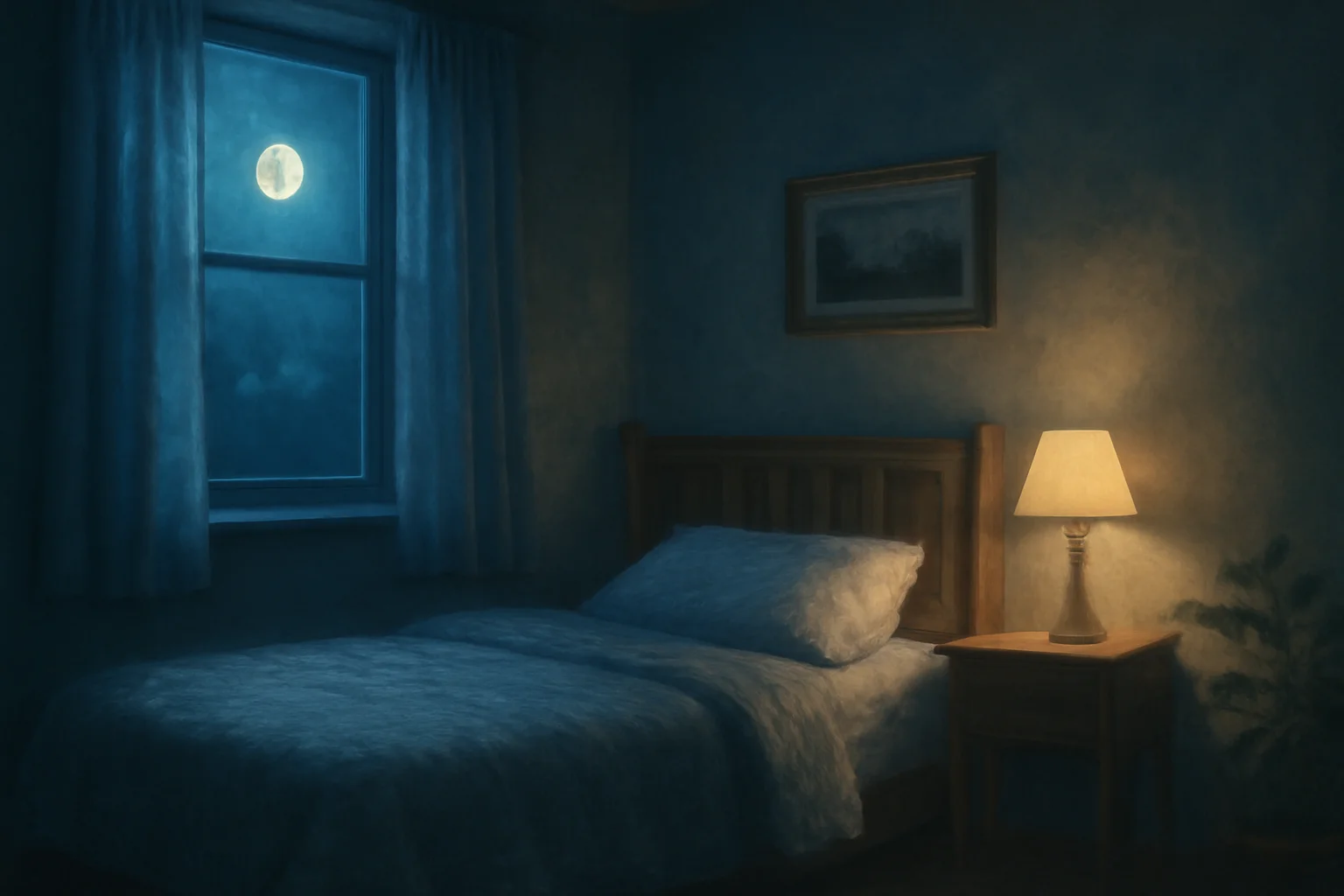
The Secrets of Night Terror: How to Combat Nighttime Fears
The pavor nocturnus, also known as night terrors, is a common sleep disorder that occurs particularly among children. This phenomenon occurs during deep sleep and is often associated with intense fear, panic, and various forms of anxiety. A characteristic of pavor nocturnus is that the affected person suddenly wakes up, often with loud screams, but does not remember the events upon waking. This phenomenon can be frightening for both parents and children and can cause serious concern.
Pavor nocturnus can occur not only in children but also in adults, although children are much more likely to experience this condition. Sleep quality, stress, anxiety, and family background can all influence the occurrence of pavor nocturnus. Understanding the causes of this phenomenon can help parents and professionals provide appropriate support to those affected and reduce the levels of fear and anxiety.
The Causes of Pavor Nocturnus
Several factors may underlie pavor nocturnus, some of which are genetic, while others are environmental or psychological. Understanding sleep cycles plays a key role in uncovering the causes of pavor nocturnus. During the deep phases of sleep, when the brain is active but the body is completely relaxed, pavor nocturnus can cause sudden awakenings.
Genetic predisposition can also play a significant role, as pavor nocturnus often runs in families. If parents or close family members have experienced this condition, children are more likely to suffer from it as well. Additionally, stress and anxiety can contribute to the development of pavor nocturnus. Changes in a child’s life, such as family problems, school difficulties, or conflicts with friends, can all increase anxiety, thus raising the likelihood of pavor nocturnus occurring.
Sleep deprivation—meaning a lack of adequate quantity and quality of sleep—can also trigger episodes of pavor nocturnus. Lack of sleep can disrupt normal sleep cycles and lead to disturbances during deep sleep. Establishing regular sleep habits can help prevent pavor nocturnus, as adequate rest promotes sleep quality.
Some research has also shown that pavor nocturnus is more common in children who suffer from sleep disorders, such as sleep apnea. During sleep apnea, breathing temporarily stops during sleep, which can also disrupt the deep phases of sleep and contribute to the emergence of pavor nocturnus.
The Symptoms of Pavor Nocturnus
The most noticeable symptom of pavor nocturnus is the sudden awakening, often accompanied by intense fear. The affected child may suddenly sit up, scream, or cry while their eyes are open, but in many cases, they do not respond to their surroundings. This phenomenon typically lasts 1-10 minutes, and the child does not remember the events when they wake up.
During pavor nocturnus, the child’s heart rate may accelerate, they may start sweating, and other physical reactions such as trembling or breathing difficulties may also occur. Since the child does not know what is happening, this can further heighten their fear and anxiety. For parents, this situation can be particularly frightening, as they often do not know how to help their child.
It is important to note that pavor nocturnus is not the same as nightmares. While nightmares typically occur during REM sleep when the child is aware of what is happening, pavor nocturnus occurs during the deep sleep phase, and the affected person does not remember the events. Nightmares usually remain in memory even after waking, whereas this is not the case with pavor nocturnus.
Pavor nocturnus episodes can occur frequently, especially among children, and in most cases, children outgrow this condition. It is important for parents to understand that this usually does not mean that the child is struggling with serious psychological issues, but rather that it is a temporary sleep disorder.
The Treatment of Pavor Nocturnus
Treatment for pavor nocturnus generally does not require special medical intervention, as most children outgrow this condition. However, it is important for parents and caregivers to know how to respond when a pavor nocturnus episode occurs. The first and most important step is for parents not to try to wake the child, as this can only increase feelings of confusion and fear.
To ensure the child’s safety, parents should make sure that the environment is safe and that the child does not get hurt during the episode. Parents can reassure the child after the pavor nocturnus episode when the child finally wakes up and help them return to a normal sleep cycle.
Reducing stress and creating a calm sleep environment are also important steps in preventing pavor nocturnus. Establishing regular sleep habits, such as going to bed early and engaging in relaxing activities like reading a story or listening to quiet music, can help the child sleep more peacefully.
If pavor nocturnus episodes are frequent or severe, it may be worth consulting a professional who can help with sleep disorder management. Psychological support, anxiety management, and improving sleep habits can all contribute to reducing the symptoms of pavor nocturnus.
This article does not constitute medical advice. Always consult your doctor for health issues.

